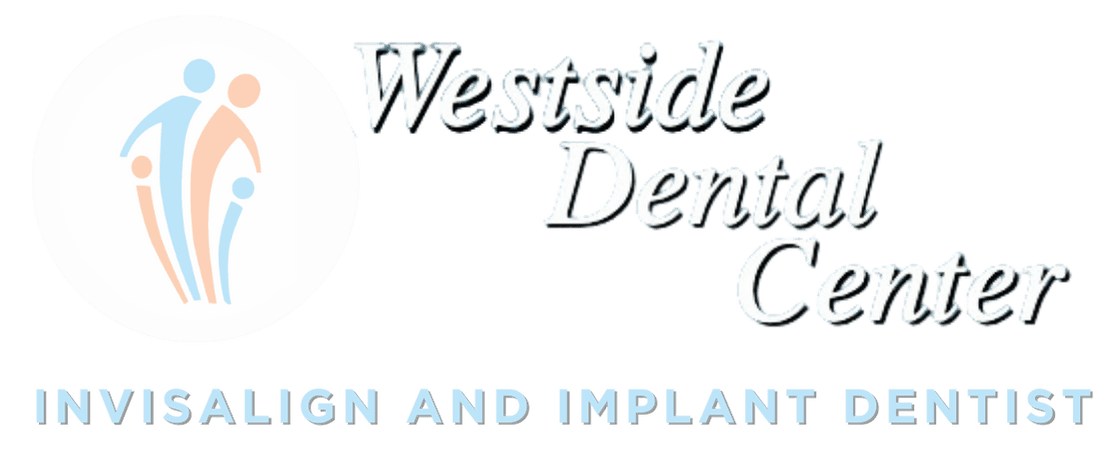Sleep apnea is the disruption of breathing while sleeping. It affects More than 18 million Americans. People of all ages, even children suffer from the disorder. Sleep apnea is a serious medical condition that should be addressed promptly. Many patients with sleep apnea go undiagnosed for many years prior to seeking treatment. Leaving sleep apnea untreated can increase patients risk of developing secondary medical complications. Early diagnosis and intervention can be life-saving.
Types of Sleep Apnea
There are three types of sleep apnea:
- Obstructive Sleep Apnea (OSA): Occurs when the soft tissue in the back of the throat collapses and closes causing a blockage of the airway.
- Central Sleep Apnea: The airway is not blocked but the brain does not signal the muscles to breathe.
- Mixed Sleep Apnea: This is a combination of the two apneas. All three cause fragmented sleep.
Sleep Apnea Symptoms and Risk Factors
Sleep apnea symptoms include:
- Loud snoring
- Sleepiness or lack of energy during throughout the day
- Morning headaches
- Waking up with a sore or dry throat
- Sleepiness while driving or doing other activities
- Forgetfulness or mood swings
- Insomnia
- Chronic fatigue
Risk factors include:
- Obesity
- Being male
- Individuals who are over 40
- Having a family history of sleep apnea
- Gastroesophageal reflux, or GERD
- Nasal obstruction due to a deviated septum, allergies, or sinus problems
- Having large tonsils, a large tongue or a small jaw bone
- Having a large neck size (over 17 inches)
Sleep Apnea Diagnosis and Treatment
Dr. Uttma Dham offers oral sleep appliance therapy for the treatment of sleep apnea. Oral sleep appliances are custom designed to fit comfortably and securely in the patient’s mouth. The appliance shifts the jaw into alignment and prevents the soft oral tissues from collapsing into the airway. With the airway free of obstruction, patients enjoy a more sound sleep and wake feeling rested, without headaches.
Dr. Dham will coordinate with your regular physician or a sleep specialist to determine the best course of treatment. Sleep apnea is typically diagnosed when a patient undergoes a sleep study test. The test is called a polysomnogram and is usually done in a sleep disorder center. A sleep specialist will prepare you for the test by attaching electronic transmitters to your body that will analyze your sleep patterns. This test will determine whether you have sleep apnea or some other type of sleeping disorder.
Once diagnosed, your doctor will discuss available treatment options which may include:
- Using a CPAP (continuous positive airway pressure) device: A mask worn over the nose and/or mouth while you sleep. This device keeps your airways open so that you will have regular breathing and uninterrupted sleep.
- Surgery: If you have sinus problems such as a deviated septum, you may require surgery.
- A specially designed dental device that will help keep the airway open during sleep
Schedule a consultation
If you believe you are suffering from sleep apnea and need to be diagnosed, contact our office to schedule a consultation.
